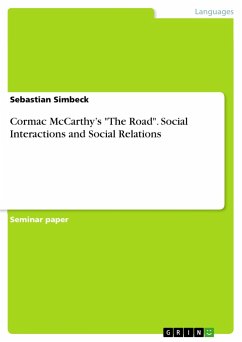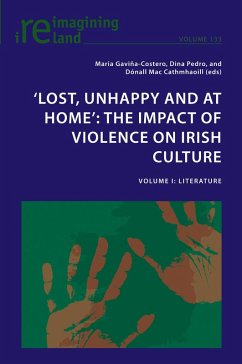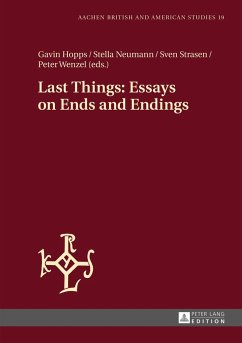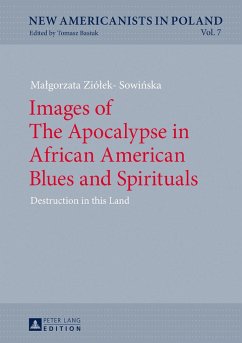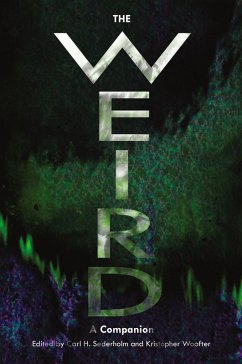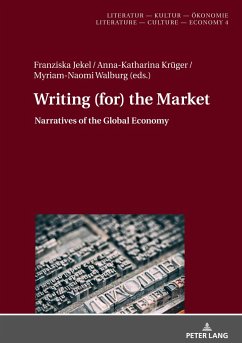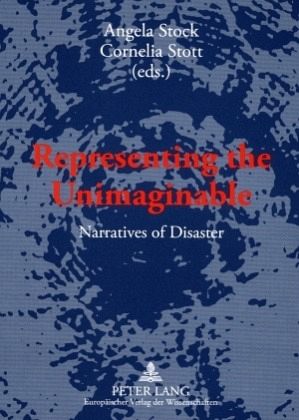
Representing the Unimaginable
Narratives of Disaster
Herausgegeben: Stock, Angela; Stott, Cornelia
Versandkostenfrei!
Versandfertig in 6-10 Tagen
77,40 €
inkl. MwSt.

PAYBACK Punkte
0 °P sammeln!
Finding words and images with which to describe and come to terms with a disaster is a psychological necessity, but it also inevitably manifests socio-cultural habits of thought and political interests. Language shapes, distorts and appropriates an occurrence that is not just a shocking and all too real destruction of life, property and the environment, but also a social construct. The 'unrepresentability' of the experience of a disaster and the textuality of the represented event - and thus also the contradictions, ruptures and silences inevitably created by the tensions between 'reality' and...
Finding words and images with which to describe and come to terms with a disaster is a psychological necessity, but it also inevitably manifests socio-cultural habits of thought and political interests. Language shapes, distorts and appropriates an occurrence that is not just a shocking and all too real destruction of life, property and the environment, but also a social construct. The 'unrepresentability' of the experience of a disaster and the textuality of the represented event - and thus also the contradictions, ruptures and silences inevitably created by the tensions between 'reality' and 'representation' - are the focus of the essays collected in this volume. Thirteen contributions by internationally active researchers in the fields of literary and cultural studies, history, sociology and philosophy provide interdisciplinary perspectives on the ways in which we write and think about the unimaginable.



